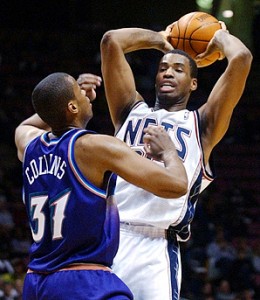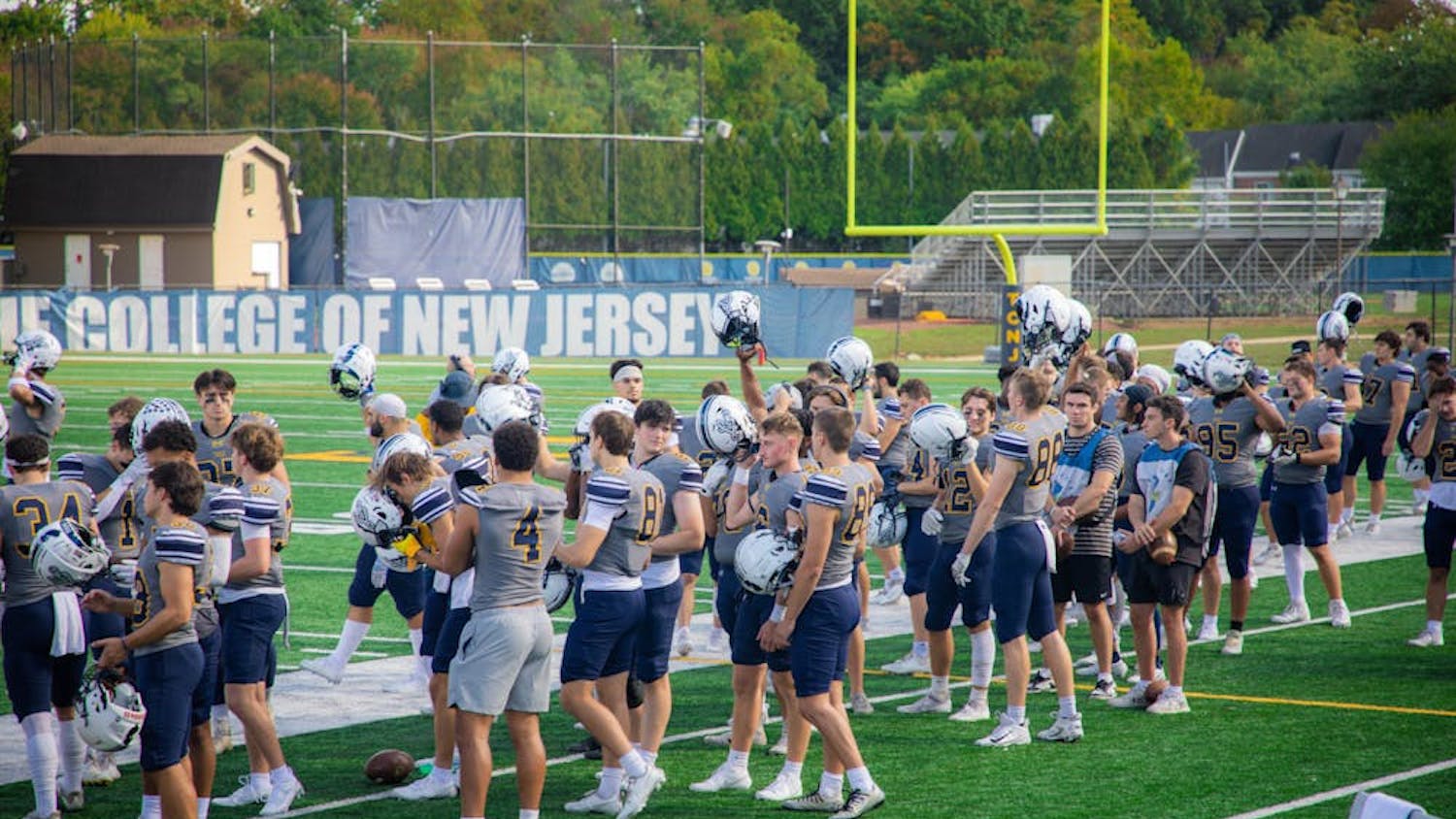An NBA basketball player has career averages of 3.6 points, 3.8 rebounds, 0.9 assists, and 41% shooting in 12 seasons of professional basketball. He’s known for fouling, taking charges, and setting screens. And he’s often the most forgotten player on his respective team.
Yet all of the sudden, he’s become one of the most significant figures in sports history.

That player is Jason Collins, who has come out and admitted he’s gay, making himself the first active athlete in major professional sports to do so.
An athlete’s sexuality has become a hot topic in the world of sports, with current players, punter Chris Kluwe and linebacker Brendon Ayanbadejo, openly supporting players coming out. Retired players, such as John Amaechi, have come out as gay after their careers ended. Even Orlando Cruz, a boxer in an individual sport, told the world of his homosexuality last year.
But no active athlete that could affect a locker room has been openly gay until Collins.
Collins has now become a pioneer for any athlete in professional sports who is gay and afraid to let people know. But he’s also a trailblazer who has shown people that there’s nothing wrong with being gay, saying he wants to be judged on his character.
And the support he has received from athletes and famous figures alike has been overwhelming.
“Jason’s announcement is an important moment for professional sports and in history of the LGBT community,” former president Bill Clinton said in a statement. “It is also the straightforward statement of a good man who wants no more than what so many of us seek: to be able to be who we are; to do our work; to build families and to contribute to our communities.”
“I am so proud of my bro @jasoncollins34 for being real,” former NBA guard Baron Davis tweeted.
Coming out as a professional athlete is difficult for many different reasons. Disrupting locker room chemistry could caution some. Players may be afraid of teammates and fellow players criticizing or judging the. Then, there’s the public reaction.
With all of the positive words that Collins has gotten, negative comments are just as loud. But Collins has found the strength to break down these barriers and face the repercussions, whatever they may be, in order to live and play with total freedom and show others they can do the same.
“It is hugely powerful when any individual in the sports world, wherever they come from in the world, feels able to come out,” said Ruth Hunt, deputy chief executive of the British gay rights organization Stonewall, to Associated Press. “The fact that this is a current player adds strength to his statement.”
For a player like Collins, he’s now in a tough situation. A free agent, Collins isn’t young at 34 and doesn’t have eye-popping stats, making him even less desirable to teams who are afraid him being openly gay will affect their locker room.
However, that’s just another reason for young players to follow him. Collins himself is all for being the leader for this movement.
“I’m a veteran and I’ve earned the right to be heard,” Collins told Sports Illustrated. “I’ll lead by example and show that gay players are no different from straight ones. I’m not the loudest but I’ll speak up when something isn’t right.”
Collins certainly did speak up. And that act of courage has made him more significant to the sports world and the gay community alike than he could have ever imagined.






